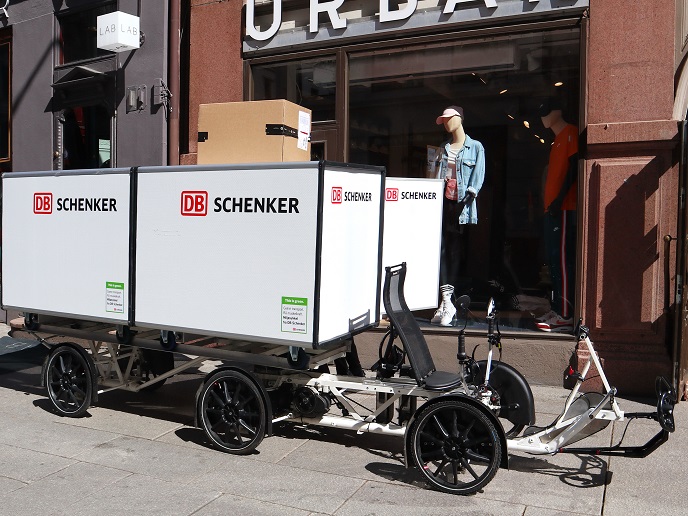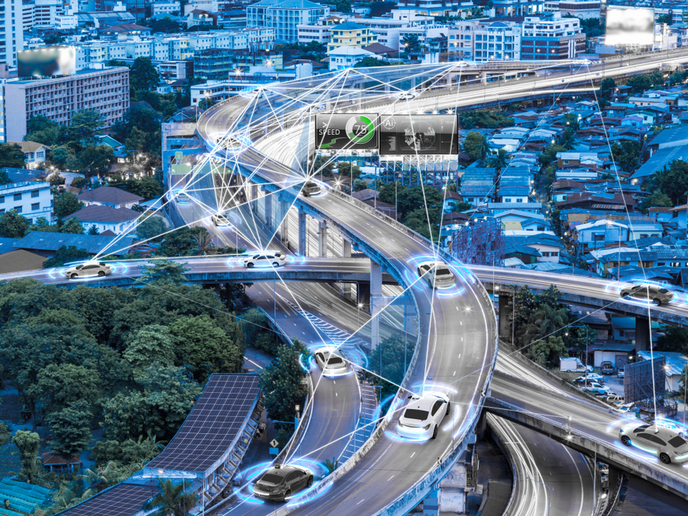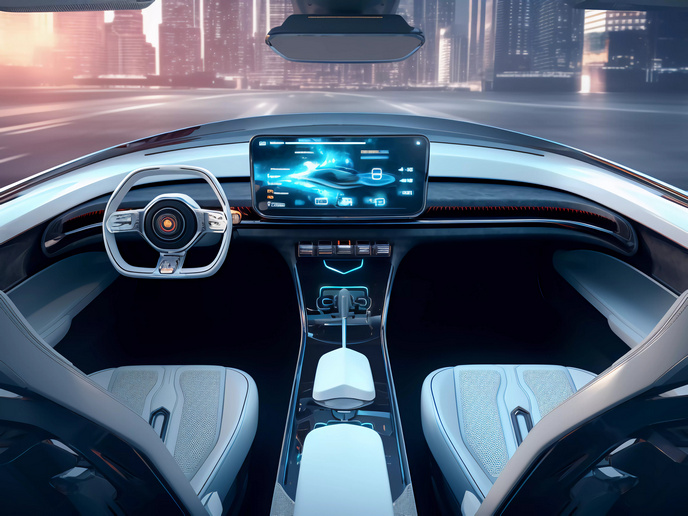Unconventional and multidisciplinary: creating a Europe-wide conversation around mobility
Environmental and human needs coupled with rapid advances in technology have set the stage for a new age of transport and mobility across Europe. To guide the steps of all stakeholders, including legislators, industrial players and ordinary citizens, EU-funded REBALANCE(opens in new window) took a close look at the needs and values of contemporary society. To facilitate this process and to incorporate as many views as possible, the project sought voices from a myriad of fields. While other foresight studies have focused primarily on technology applications in the transport sector, REBALANCE used four contrasting models of mobility culture to ignite thinking. The essential features of each model were: strength, justice, connection and speed. Current European mobility culture prioritises speed, but REBALANCE thinkers agreed that Europe would be better served by aligning mobility culture with the values of justice and connection. What emerged were documents that clearly enunciated a future-focused set of European values concerning mobility. According to project coordinator Andrea Ricci: “The resulting shared vision has the overarching objective of imagining a new transport paradigm that reclaims the proper place of culture in the policy-making process.”
A roadmap to the future
Among the documents produced by REBALANCE is a roadmap describing current European mobility culture and considerations for determining what that culture should look like in the future. While the project’s vision for the future of EU transportation is radical, the roadmap offers practical, immediately applicable steps for transforming transportation. The approach taken and the conclusions reached by REBALANCE are far reaching and Ricci recognises that: “While revolutionising the current paradigm is urgent, it could lead to a complete impasse in the political dialogue and arguments of utopianism.” Consequently, the team chose to present their work in the form of a manifesto. It offers a comprehensive critique of current mobility culture and builds on the roadmap to define the beliefs and values that should drive future decision making.
Prioritising values
The starting point of the project was the consensus that the current mobility culture of Europe is environmentally unsustainable as well as detrimental to social living conditions. It is easy to see that a mobility culture dominated by vehicles run on fossil fuels is detrimental to the environment. To recognise the impact of mobility on quality of life requires deeper consideration. The work of REBALANCE centred caring and mindfulness in the discussion of mobility. The team determined that a reduction in compulsory travel would do much to transform mobility culture in Europe. Furthermore, participants advocated for the decoupling of policy decisions from the valuation of time savings. They recommended that slow movement(opens in new window) should also be integrated into the values guiding European transport. The process and the players involved in REBALANCE represent a significant departure from other foresight studies concerning mobility. However, our rapidly changing world and the role of transport in it demand broad thinking around values and beliefs. The paradigm shifts proposed by the project, if adopted, will put European mobility on a path that is both more humane and more environmentally friendly.







